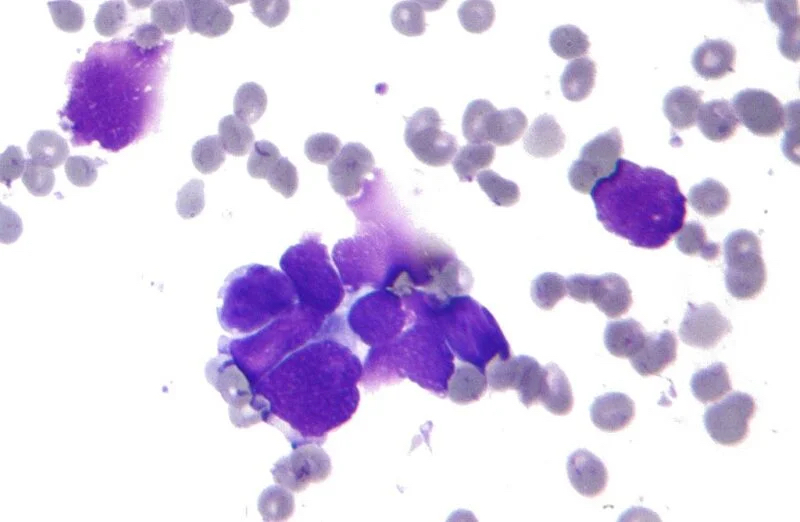PT217 has previously received orphan drug designation from the FDA to treat SCLC.
The US Food and Drug Administration (FDA) has granted clearance for Phanes Therapeutics’ Investigational New Drug (IND) application to begin Phase I clinical trials of antibody PT217 to treat small cell lung cancer (SCLC) and other neuroendocrine cancer patients.
The Phase I trial will assess the tolerability, safety, pharmacokinetics and initial efficacy of PT217 in patients with advanced or refractory cancers.
Subjects with unresectable SCLC, neuroendocrine prostate cancer (NEPC), large cell neuroendocrine cancer (LCNEC) and gastroenteropancreatic neuroendocrine tumours (GEP-NET) will be eligible for screening in the trial.
These patients must have progressed following standard therapy of a minimum of one line of platinum-based chemotherapy irrespective of immune checkpoint inhibitor status for SCLC or standard treatment that is not effective, tolerable or was deemed not appropriate.
PT217 is an anti-Delta-like ligand 3 (DLL3)/anti-Cluster of differentiation 47 (CD47) bispecific antibody.
It previously received orphan drug designation from the FDA to treat SCLC.
Apart from PT217, the clinical programme pipeline of the company comprises a differentiated anti-CD73 monoclonal antibody, PT199, and an anti-Claudin 18.2/anti-CD47 bispecific antibody, PT886.
Phanes Therapeutics founder and CEO Dr Ming Wang said: “This is the third programme in our pipeline that has received IND clearance by the FDA this year, which is an important milestone for Phanes and a record for a biotech company of our size.
“With a strong pipeline targeting both the adaptive and innate immunity and the bispecific antibody technology platforms we have built, Phanes is well positioned to make important impacts in delivering innovative cancer therapies.”
An aggressive pulmonary cancer, SCLC is distinguished by higher early death rates and substantial morbidities throughout the course of the ailment.
